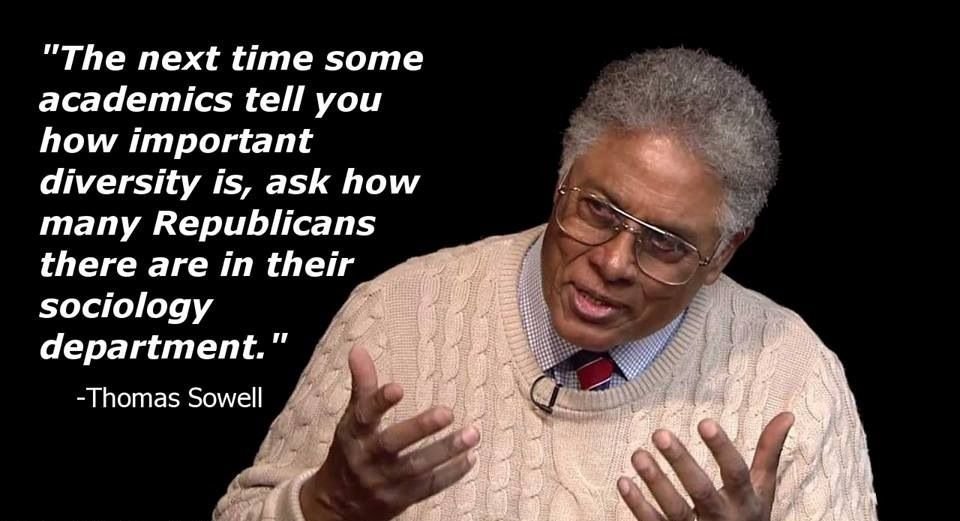







Engineering and science powerhouse Massachusetts Institute of Technology (MIT) published admissions data for its incoming undergraduate class. This particular cohort represents the first class admitted after the Supreme Court's affirmative action admissions ban.
As reported in the New York Times:
"For the incoming class of 2028, about 16 percent of students are Black, Hispanic, Native American and Pacific Islander, compared with a baseline of about 25 percent of undergraduate students in recent years, the announcement said. The comparison to the class of 2027 was also dramatic. The percentage of Black students enrolled dropped to 5 percent from 15 percent, and the percentage of Hispanic and Latino students dropped to 11 percent from 16 percent. White students made up 37 percent of the new class, compared with 38 percent last year. On the other hand, the percentage of Asian American students in the class jumped to 47 percent from 40 percent. (The percentages do not add up to 100, according to M.I.T., because students could declare more than one race.)"
In a 2023 ruling, the Court held that both Harvard and the Univ. of North Carolina violated the Equal Protection Clause by allowing race to be a determining factor in admissions. Many Asian students with superior grades and test scores were not admitted, while black and Latino students were given an advantage.
Discovery in the case exposed some embarrassing facts about the admissions process universities had adapted to place diversity over achievement. "Personality ratings" were a key determinant, and Asian-Americans consistently scored lowest, while African-Americans scored highest.
The good news for academically high-performing individuals: the playing field is more level than before. The bad news: universities are already openly seeking ways to circumvent the Court's ruling.
As Alan Dershowitz wrote for The Hill in 2023, there is already a consensus among academicians that DEI ideals should be upheld despite the Court's ruling, and that universities should learn to mask their discrimination better (emphasis mine):
"...it is easier for admissions officers to consider something as simple race – just look at the checked box – than to evaluate each individual based on a variety of relevant factors. It was also easier to consider test scores and grades, but emphasizing such criteria makes it more difficult to reach the racial quotas or targets. So, the tactic is to eliminate or minimize test scores and to employ criteria that mirror race without explicitly running afoul of any Supreme Court ruling and without reducing the number of admitted minority applicants...and so the schools will have to be more subtle and less transparent. As my former colleague Lawrence Tribe put it: 'Universities as intelligent as Harvard will find ways of dealing with the decision without radically altering their composition. But they will have to be more subtle than they have been thus far.' I leave it the reader to interpret Tribe’s remark. But it sounds to me that he is advocating a process that leaves the racial quotas or targets essentially intact, while being less transparent about employing race as a criterion to achieve those quotas. This is yet another example of ends believed to be desirable justifying means that are not. We see that today in many contexts, such as the selective weaponization of the criminal justice system to target political enemies. It’s done subtly and without fingerprints. But it eats away at constitutional protections. Those of us who care about constitutional means as well as ends will be watching and holding circumventors to account, regardless of their good motives. As Justice Brandies aptly observed: 'The greatest dangers to liberty lurk in insidious encroachment by men of zeal, well meaning but without understanding.'"
In other words, the fight for merit-based admissions isn't over. It's only just begun.






